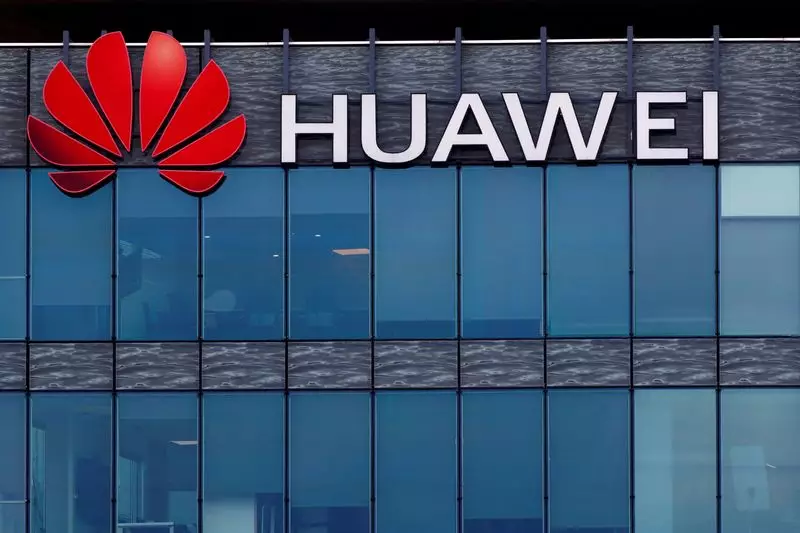The upcoming vote in the U.S. House of Representatives signifies a crucial step toward safeguarding American telecommunications from potential security risks posed by foreign entities, particularly Chinese firms such as Huawei and ZTE. This annual defense bill, projected to allocate over $3 billion for U.S. telecom companies, aims to fund the removal of equipment produced by these Chinese corporations from American wireless networks. The legislation comes in response to growing concerns regarding national security and the integrity of communications infrastructure.
The proposed 1,800-page legislation is multifaceted, with provisions extending beyond just funding for the removal of questionable equipment. It also stipulates the necessity of reports detailing Chinese actions to bypass U.S. national security regulations and assessments of China’s biotechnology capabilities. These components reflect a broader strategy to understand and counteract China’s technological advancements, underscoring an urgency not previously felt.
Despite the allocated budget, the Federal Communications Commission (FCC) estimates that the total cost of the “rip and replace” initiative will be around $4.98 billion. With Congress only approving $1.9 billion to date, there remains a substantial financial gap that poses a challenge. FCC Chair Jessica Rosenworcel has emphasized the critical nature of this funding, warning that without it, many rural networks could face significant disruptions, potentially endangering the connectivity that rural consumers rely upon, including emergency services like 911.
Rosenworcel’s appeals to Congress paint a dire picture, particularly for the 126 carriers involved in the program. The risk of shutting down rural networks looms large, which could eliminate the sole provider in particular regions—creating a vacuum that threatens not only consumer services but essential communications in emergencies. The sense of urgency felt by telecom industry leaders, including Competitive Carriers Association CEO Tim Donovan, highlights the necessity for immediate action to secure funding. Amidst this climate, the need for reliable infrastructure is evident.
In addition to the primary funding from the defense budget, the White House has suggested that part of the financial support will be sourced from future FCC spectrum auctions. Specifically, funds generated from a one-time auction for advanced wireless spectrum in the AWS-3 band are expected to supplement the budget. Senate Commerce Committee Chair Maria Cantwell has underscored that these funds could also support regional tech hubs, thereby enhancing the American telecommunications landscape further.
As the potential vote looms, the implications of this defense bill are profound, both in terms of national security and the long-term robustness of the U.S. telecommunications framework. With a decisive allocation of resources aimed at addressing vulnerabilities within the networked infrastructure, this legislation not only represents a tactical maneuver against foreign influence but also sets a precedent for future regulatory and funding measures essential for maintaining the integrity of American technological operations. As authorities and industry leaders rally for the necessary support, the intersection of national security and consumer connectivity remains at the forefront of legislative priorities.

